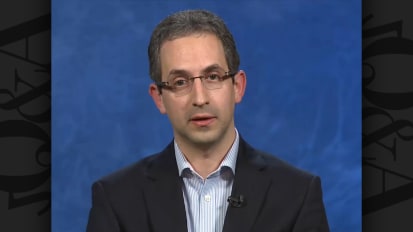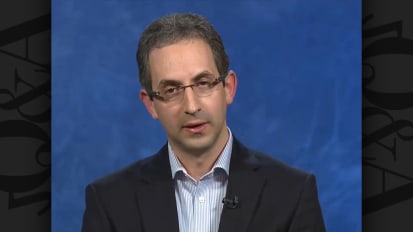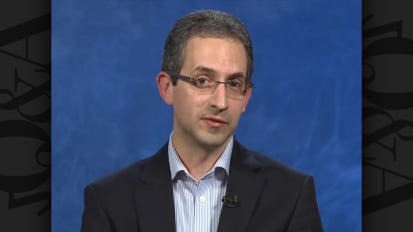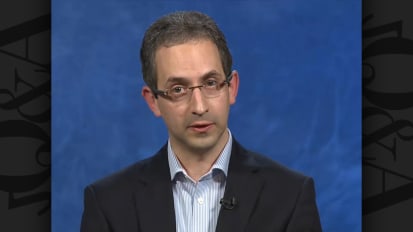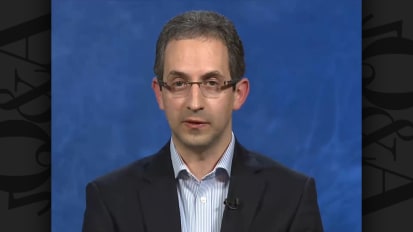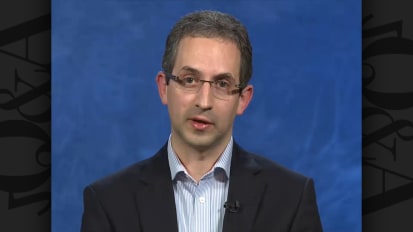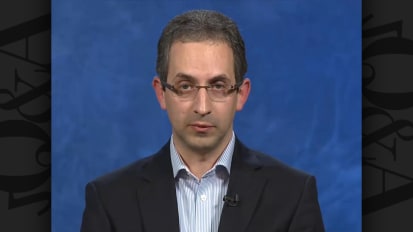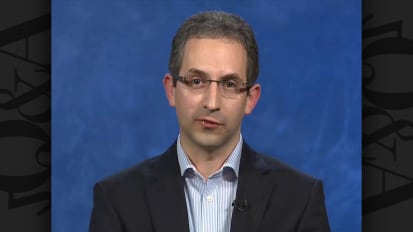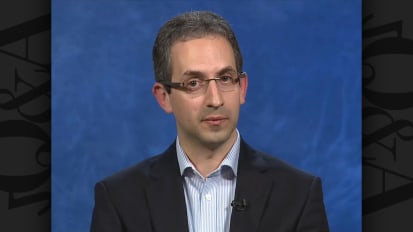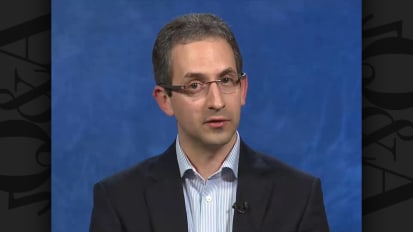Prof. Matthew Krebs, MD, PhD
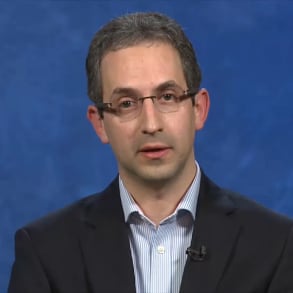
Clinical Senior Lecturer
Experimental Cancer Medicine
Honorary Consultant
Medical Oncology
The University of Manchester
Greater Manchester, UK
Using FoundationOne NGS-based whole exome profiling as a reporting platform, what foundational and clinically actionable information is provided, and how should clinicians apply the report’s findings to the front lines of practice?
How has the landscape of actionable alterations changed over time — with respect to new fusion configurations in the setting of lung cancer, for example? And how do we approach the more rare cancers?
What are your impressions of the ProfiLER Study and its implications for employing NGS and channeling people into trials driven by early molecular profiling?
How do we make sense of an NGS-based molecular profile when there appear to be a number of potentially actionable genomic alterations? How might a “molecular tumor board” be helpful?
Why are current genomic testing models based on targeted sequencing (“Hot Spot”) less sustainable and less effective than comprehensive NGS-based genomic profiling (CGP) that undergird other diagnostic platforms?
What is the problematic aspect for the patient of employing a platform that fails to detect an actionable molecular alteration?
Can you give us an example of a real world patient with a rare or refractory cancer whose treatment course was altered by an NGS-based FoundationOne Report?
As you explained, NSCLC is one solid tumor where comprehensive genomic profiling can dramatically alter a precision-based strategy. Can you provide a patient example where you have observed that the detection of a rare insertion altered the treatment choice?
What is your current guidance about whether and/or how and when to integrate tests for circulating tumor DNA (ctDNA) into protocols for precision cancer medicine?
A 42-year-old woman presented with a painful left thigh mass, a biopsy of which showed undifferentiated sarcoma. Neoadjuvant targeted therapy, radiotherapy and chemotherapy showed no response and metastases to lung. Lung nodule submitted ...


